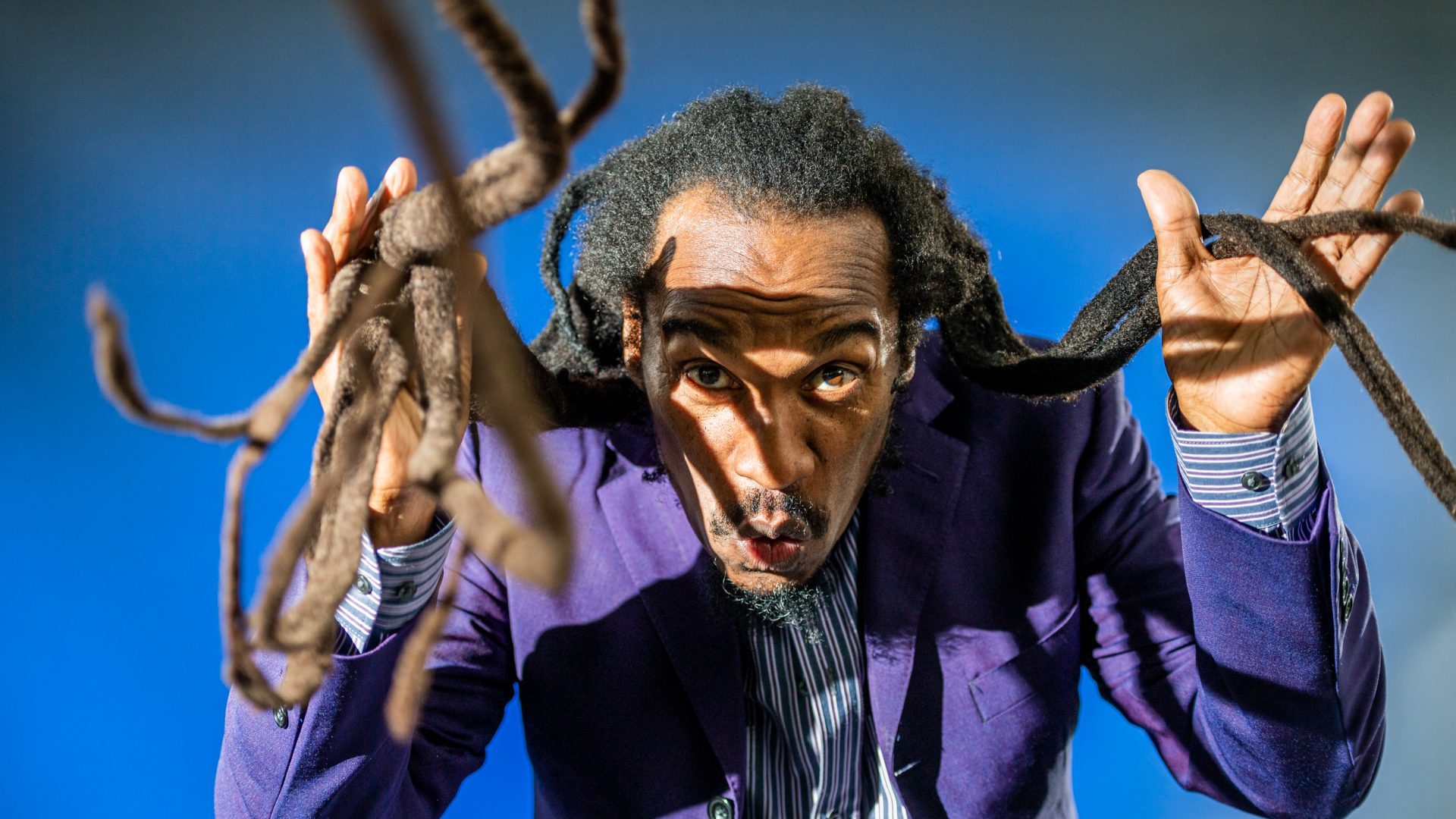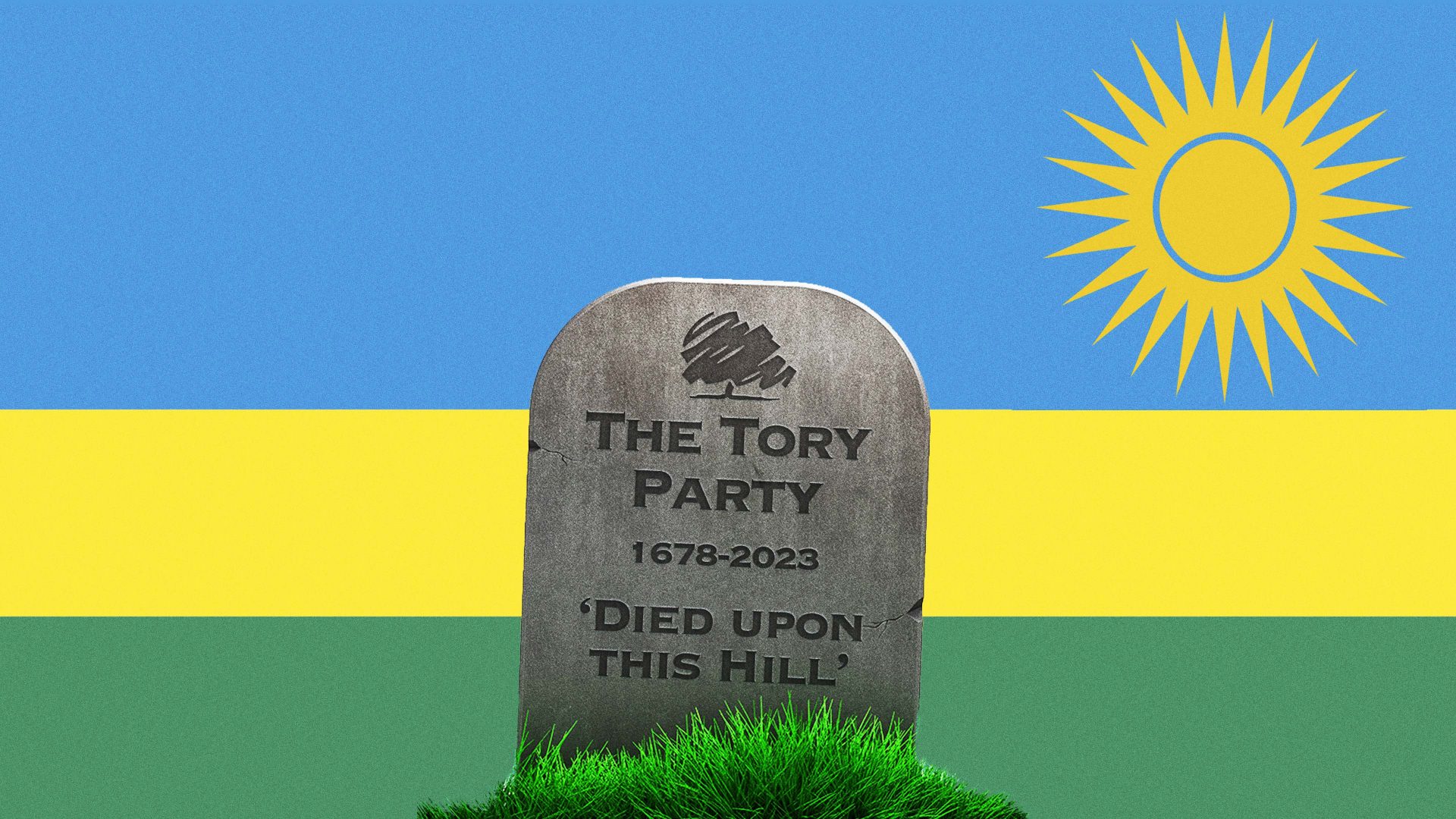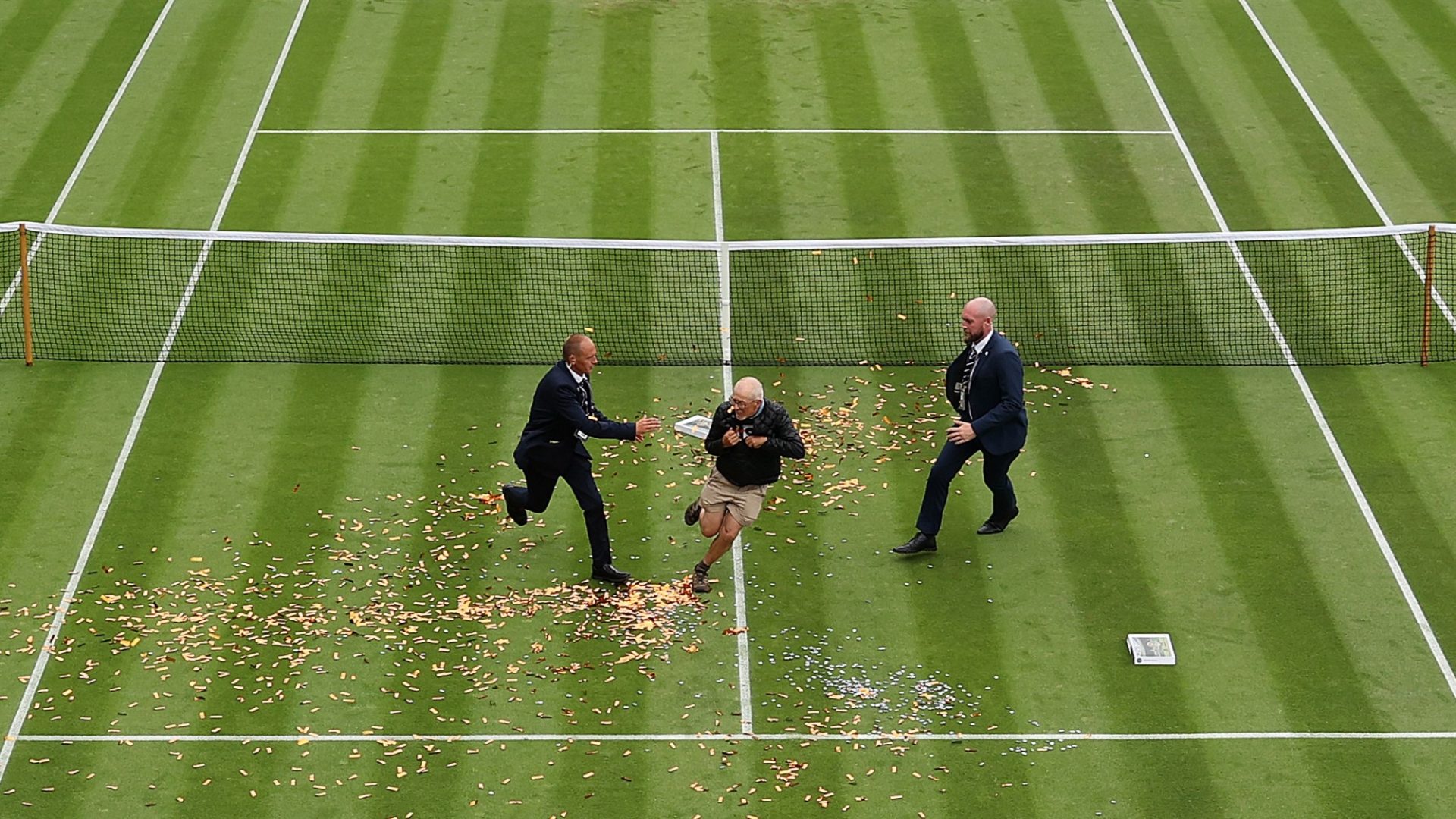I was in a performance once with Benjamin Zephaniah, and I cannot tell you very much about it, except that the person who organised it was quite annoyed with him.
I never really understood why – he looked good to me – but I think it had something to do with the fact that he was not doing what was stated on the programme that he was there to do.
What I mean is that he was there and did perform, but he did not perform what he was supposed to be performing and what maybe the people paid for.
So like everybody else, I watched this guy basically do what he wanted to do. What HE wanted to do.
I emphasise this because Zephaniah moved in his own space. Even when he was doing things with and for others. And he did things for others a lot.
He was a kind of north star of the people and you had to understand that to get what he was. Who he was.
Part of who he was, he admitted in an interview a few years ago, was someone who had hit his partner on a couple of occasions. He owned up to it, apologised, said it burned at his conscience, and by doing so maybe other guys who beat their partners might pay attention and stop doing it.
Zephaniah had that kind of power.
What I recall, too, during that evening when he did not do what was advertised, that he was courteous to me throughout. He seemed to be a little distant, which was all right by me because I was a little distant too. Shy, actually. I mean: This was Zephaniah.
But Zephaniah was listening to something else the way that rare and great poets do.
Also, you see: Benjamin Zephaniah was above all an anarchist.
That may sound quaint now, archaic, something for the museum. We are in an era where most folks do not want to go against the herd, or if it is done -they are in a herd that goes against the herd.
Zephaniah was against The System, and I capitalise those words because he was against most things organised from above by the invisible.
A true man against The Establishment.
We human beings are herd animals, happy to be together doing pretty much the same thing and a System helps make that happen, But Zephaniah was never happy to be where it was organised, herded, controlled.
I never saw him on television because I don’t actually watch television, and I bet Zephaniah didn’t, either. I bet he did his job because it entailed being a kind of prophet. And I imagine at that he was very good.
He had the gift of making poetry and music; deep and specific music. Rasta music. Hardcore and under your skin.
His writing for children was tender; his political advocacy was staunch and who he was.
He was a champion of animal rights. He was vegan because he believed that other species deserved a chance on this planet, too, the right to live and breathe in freedom. And he fought racism everywhere he found it. Anywhere he found it.
Zephaniah wrote the preface to a book called Angry White People – a title I love for its elegant clarity.
I deeply admired him because he did something that I did not do. He turned down an OBE because to be an anti-imperialist and then to say OK to an honour that had “British Empire” on it did not compute.
Now I could rationalise mine to myself because of the service my late father, a GI stationed here during WWII, rendered the UK, but even that would not have washed for Zephaniah.
Backing Jeremy Corbyn, for example, made perfect sense for him. Zephaniah’s support for him fit everything he was and strived to be: an iconoclast inside of an anarchist inside of a poet inside of a Brummie from Handsworth.
He opposed Brexit, but thought that the way that we Remainers went about making our case was not for him. Like I said: he went his own way.
And there is something more.
He was, for me and to me, a product of the genius of the Caribbean transplanted to the country that enslaved his people. Benjamin Zephaniah understood and celebrated what I call the “shoreline thinking” that enabled the folks – our ancestors – to stay alive in all the horror of slavery.
He had his Caribbean ancestors’ no-nonsense way of looking at things the way they really are.
An award-winning poet, he also won awards as a playwright.
He got lots of honorary doctorates; he was even on The Times’s list of 50 greatest post-war writers, but I can imagine that he thought all of this at the end of the day made no sense at all.
He was called Professor Benjamin Zephaniah at his death, and indeed he was when you think of a professor as not just being a teacher, but as one who possesses truth, erudition and beauty as his own state of being.
He was, to me, what Britain is when Britain is good. When Britain works.
Britain beat him up good, but he understood that the world is made of many nations, including the nation of the oppressed everywhere.
Benjamin Zephaniah was no saint; but he was a one-off. Like they say: we shall not see his like again.
He declared himself a Keats man. But I think he was Shelley. The very embodiment of The Masque Of Anarchy:
Rise like Lions after slumber
In unvanquishable number,
Shake your chains to earth like dew
Which in sleep had fallen on you –
Ye are many – they are few.
Nobody really “dies” where I come from. We “cross over”. Now Benjamin Obadiah Iqbal Zephaniah has crossed over.




